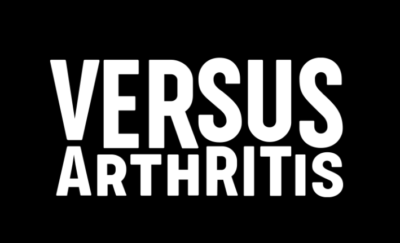Centre for Bioengineering
Human synovium-cartilage organ-chip for personalised surgical screening
| Principal investigator: | Timothy HOPKINS |
| Co-investigator(s): | Martin KNIGHT |
| Funding source(s): | AR-UK Versus Arthritis |
| Start: 01-04-2022 / End: 31-03-2025 | |
| Amount: £311203 | |
| Research Centre: |

Osteoarthritis (OA) is the most common joint disease in the world and causes pain and disability in millions of people worldwide. There are several surgical treatment options for early OA, that seek to restore function, reduce symptoms and delay the need for a joint replacement. However, each of these techniques has a small, but significant failure rate, and deciding who to treat and by which method, remains a challenge. Previous work in our laboratory has identified a profile of biological markers that might indicate patients who are less likely to benefit from certain treatments, termed ‘non-responders’. The identity of these markers suggests that two tissues play an important role in determining how the joint responds to injury and treatments; cartilage and synovium, a membrane-like structure that lines the inner surface of the knee joint. In the proposed work, we aim to use ‘Organ-on-a-chip’ technology to develop a human synovium and cartilage ‘chip’, so that we can determine how these tissues respond to simulated injury and disease and how they interact with each other, to determine the source of the non-responder markers.
These ‘chips’ consist of cells from each tissue, grown in plastic chambers and maintained under conditions that mimic the human knee. We aim to use these chips for the individual screening of patients prior to treatment based on the patient’s own cartilage and synovium cell response to different stimuli (e.g. inflammation), to identify and maybe even rectify ‘non-responder’ cell responses. The proposed research aligns closely with the aims of Versus Arthritis, as it seeks to improve surgical techniques that prevent the progression of OA. The ability to carry out personalised screening and identify, and possibly pre-treat, patients who are unlikely to respond to treatment has numerous potential benefits that ultimately will improve the lives of those suffering from OA.

